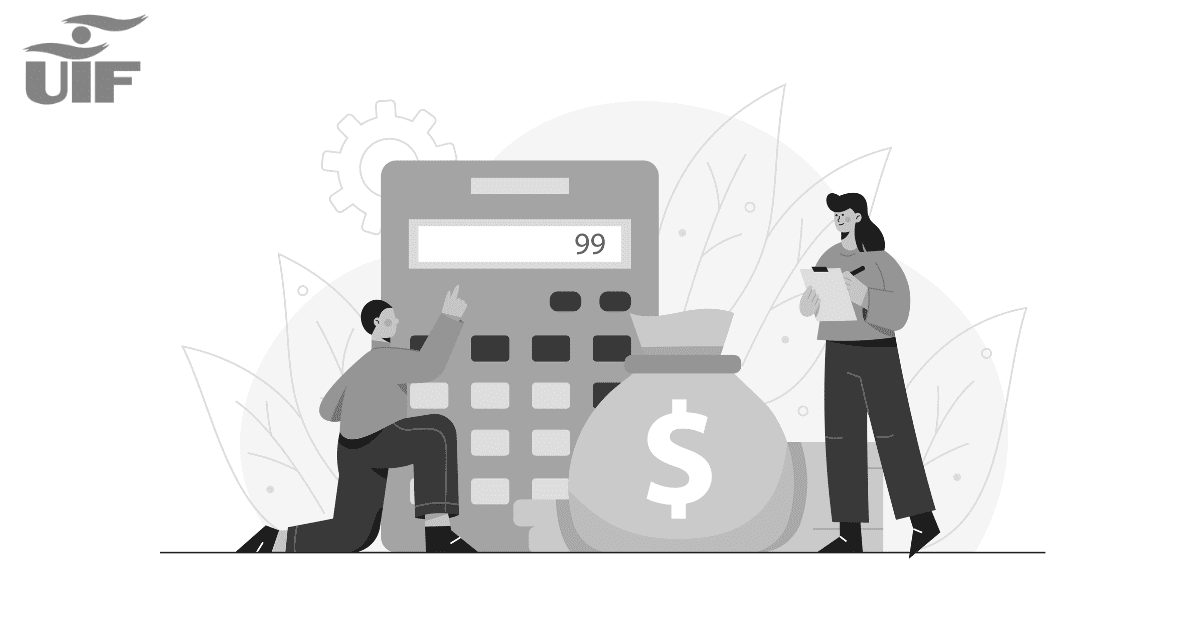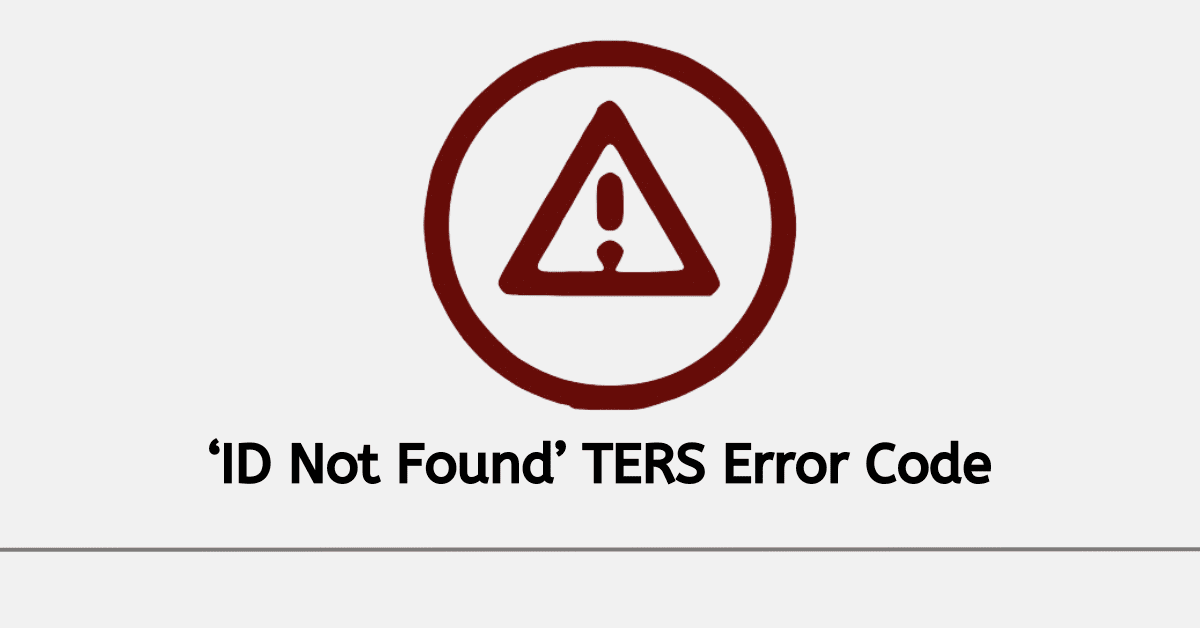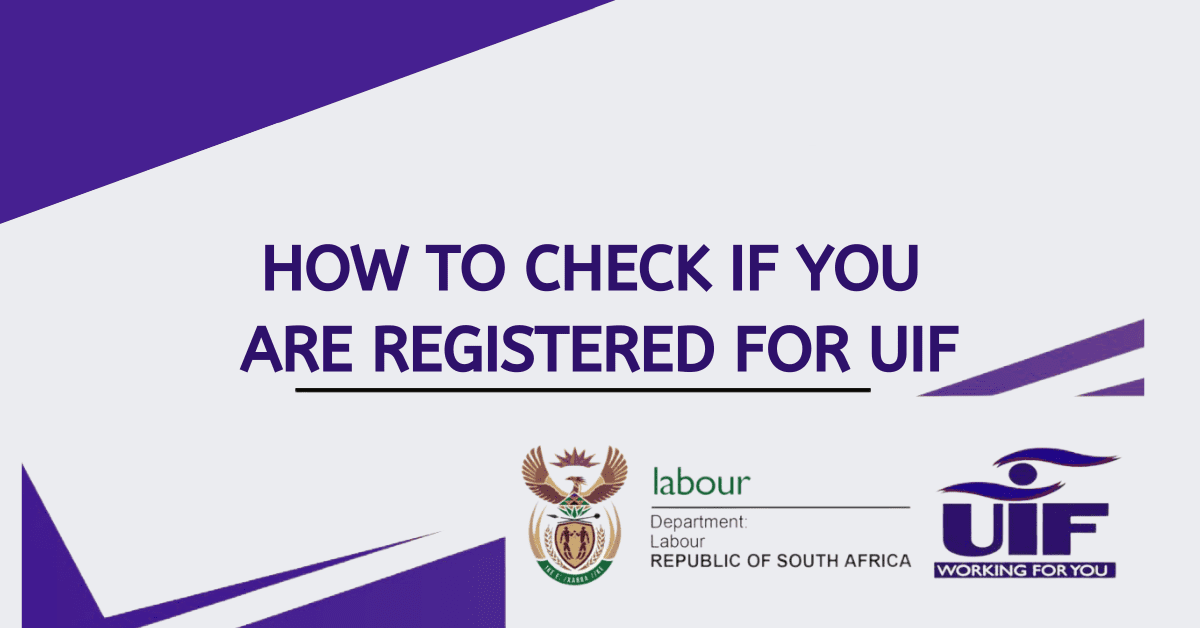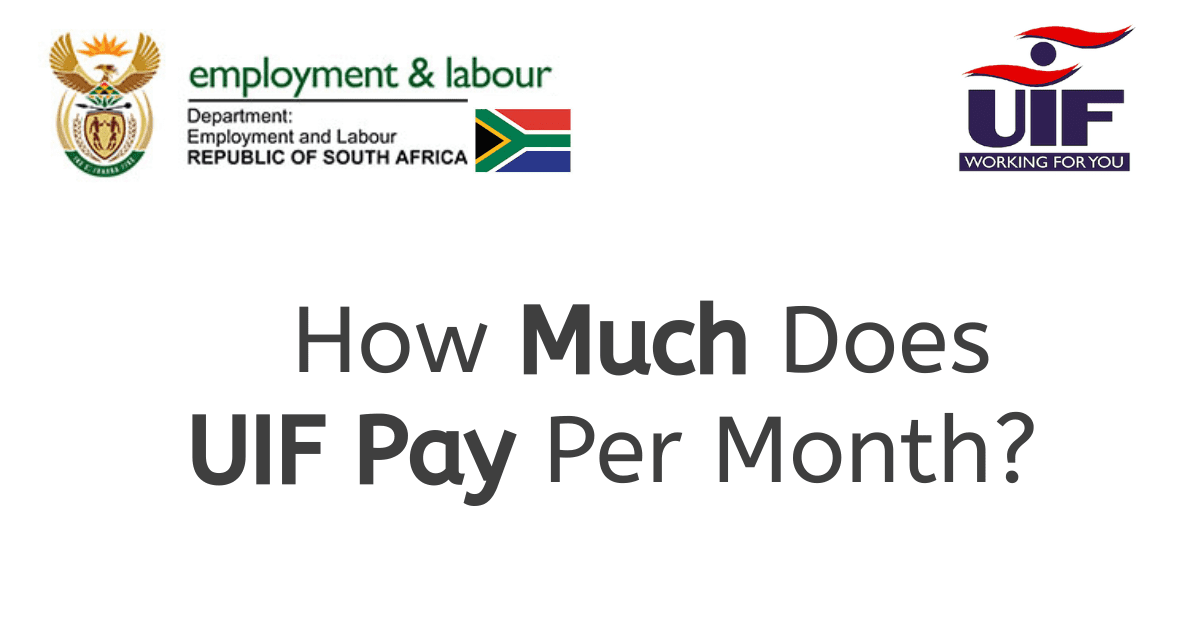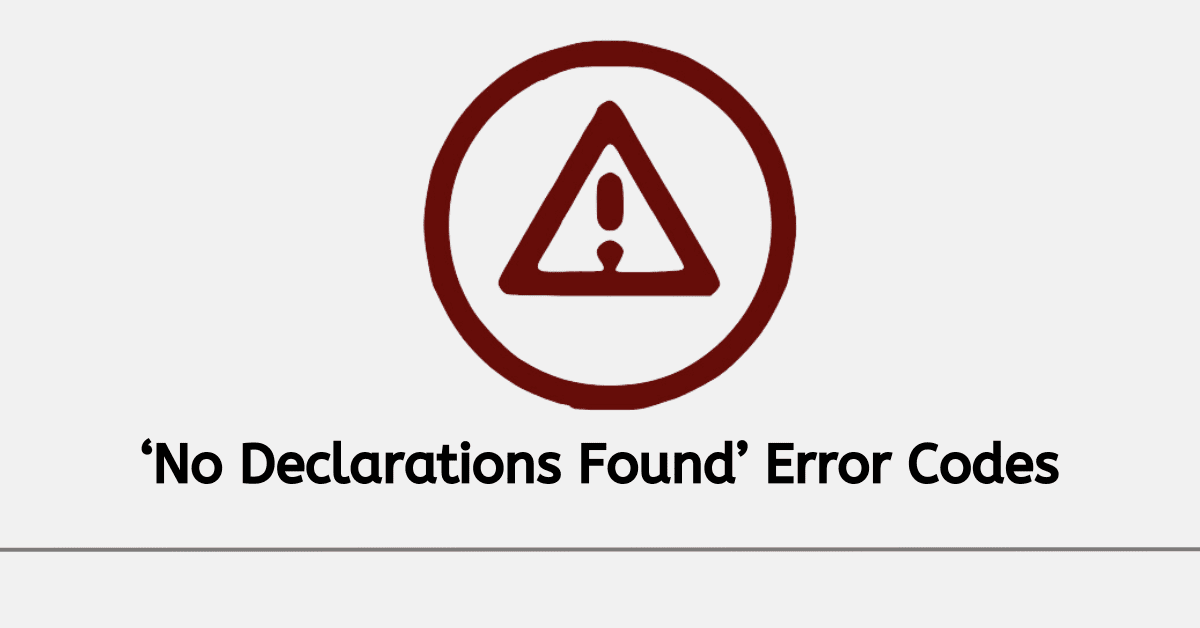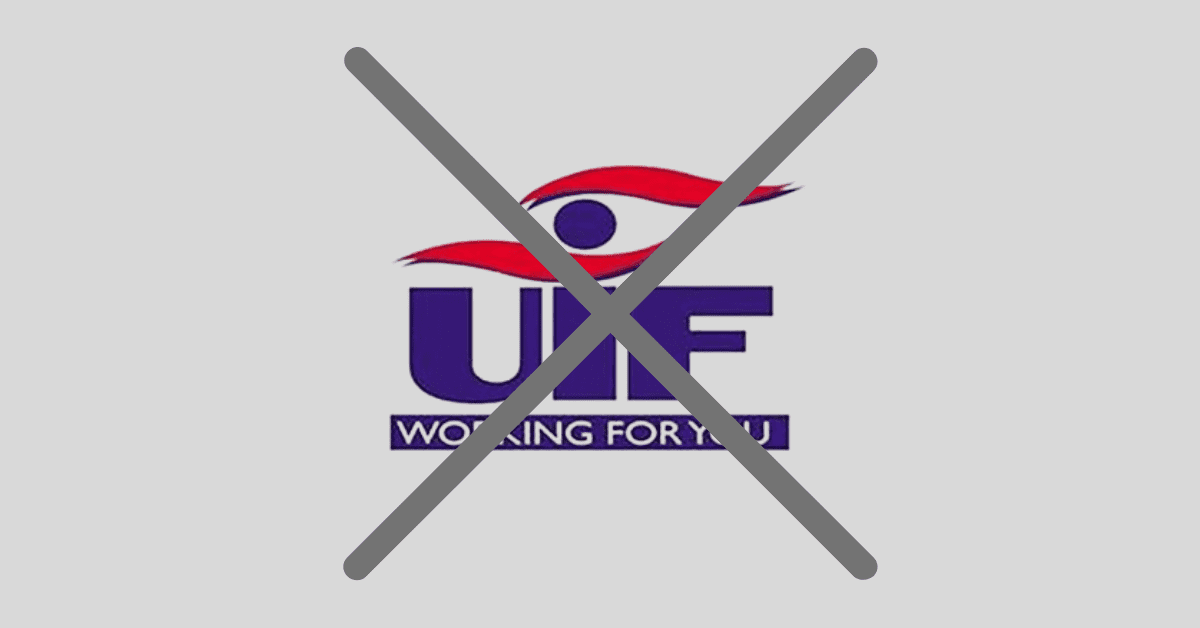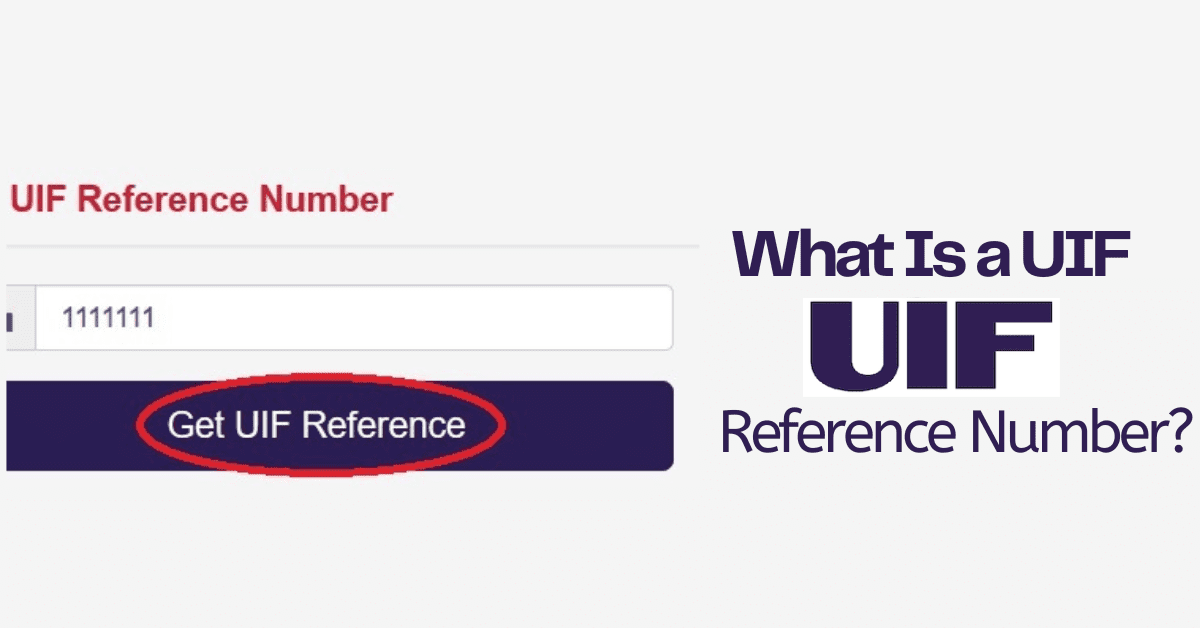Maternity UIF benefits provide crucial financial support to employed individuals during their maternity leave in South Africa. Understanding the payment process is essential for expectant mothers to plan their finances effectively. This article discusses the payout dates for maternity UIF, the number of payments received, how to track the processing of a maternity UIF claim and common reasons for claim rejections.
What Date Does Maternity UIF Pay Out? (Maternity UIF Payout Dates)
Maternity UIF benefits are typically paid out monthly. The specific payment dates may vary depending on the individual’s circumstances and the processing time by the Department of Employment and Labour. Generally, maternity UIF payments start a few weeks before the expected due date and continue for a specified period after childbirth.
Eligible individuals should refer to their maternity UIF claim confirmation to determine the exact payment date. This confirmation document, sent by the UIF, provides detailed information about the payment schedule. It specifies the dates on which the maternity UIF benefits will be deposited into the recipient’s bank account.
It is important to note that processing times may vary, and unforeseen delays can occur. Individuals should track the progress of their maternity UIF claim and contact the UIF or their employer if there are any concerns or discrepancies regarding the payment dates.
How Many UIF Maternity Payments Do You Receive?
The number of UIF maternity payments an individual receives depends on various factors, including the length of maternity leave and the specific circumstances of the pregnancy. In general, maternity UIF benefits are paid for a maximum of 26 weeks (approximately six months), starting a few weeks before the expected due date and continuing after childbirth.
The exact number of payments can vary, depending on the length of the maternity leave taken. For instance, if an individual takes 26 weeks of maternity leave, they will receive 26 weekly payments. However, if the maternity leave period is shorter, the payments will be adjusted accordingly.
Expectant mothers must plan their finances and budget accordingly based on the expected number of UIF maternity payments. This will help ensure a smooth financial transition during the maternity leave period.
How Do I Know If My Maternity UIF Has Been Processed?
Tracking the progress of a maternity UIF claim is crucial to ensure that the benefits are processed and paid out on time. To determine if the maternity UIF claim has been processed, individuals can follow these steps:
- Check the status online: The Department of Employment and Labour provides an online portal where individuals can log in and track the progress of their UIF claims. By entering their UIF reference number or ID number, they can access the current status of their claim.
- Contact the UIF: If there are any concerns or inquiries about the claim’s processing status, individuals can directly contact the UIF office. The UIF has dedicated helpline numbers and email addresses where individuals can seek assistance and obtain updates on their maternity UIF claims.
- Communicate with the employer: Communication regarding the maternity UIF claim is also advisable. Employers play a role in submitting the necessary documents and information to the UIF to give them valuable insights into the claim’s progress.
By actively tracking the progress of the maternity UIF claim, individuals can ensure that any potential issues or delays are addressed promptly, leading to a smoother and more efficient payment process.
Why Would My Maternity UIF Claim Be Rejected?
While every effort is made to process maternity UIF claims accurately and promptly, there are instances where a claim may be rejected. Some cases that may cause claim rejections include:
- Insufficient documentation: Maternity UIF claims require specific documentation, such as medical certificates, UIF application forms, and supporting documents. The claim may be rejected if any required documentation is missing, incomplete, or incorrect. It is crucial to carefully review and submit all the necessary paperwork to avoid rejection.
- Ineligibility: Maternity UIF benefits are available to individuals who have contributed to the UIF system and meet the eligibility criteria. If an individual does not meet the eligibility requirements or makes sufficient UIF contributions, their claim may be rejected.
- Late submission: Maternity UIF claims must be submitted within a specified time frame. It may be rejected if the claim is submitted after the designated period. It is important to adhere to the prescribed deadlines and submit the claim as early as possible to avoid potential rejections.
- Discrepancies or errors: Errors in the information provided or discrepancies between the submitted documents can lead to claim rejections. Ensuring that all details are accurate and consistent throughout the claim submission process is crucial.
If a maternity UIF claim is rejected, individuals can appeal the decision by providing additional information or correcting errors. It is advisable to seek guidance from the UIF or consult with relevant experts to understand the reason for rejection and take appropriate action.
By being aware of the potential reasons for claim rejections, individuals can take the necessary precautions and ensure the smooth processing of their maternity UIF claims.
In conclusion, understanding the payout dates for maternity UIF, the number of payments, tracking claim processing, and potential reasons for claim rejections are essential for individuals seeking maternity UIF benefits. By being informed and proactive, expectant mothers can navigate the process effectively and receive the financial support they are entitled to during their maternity leave.
